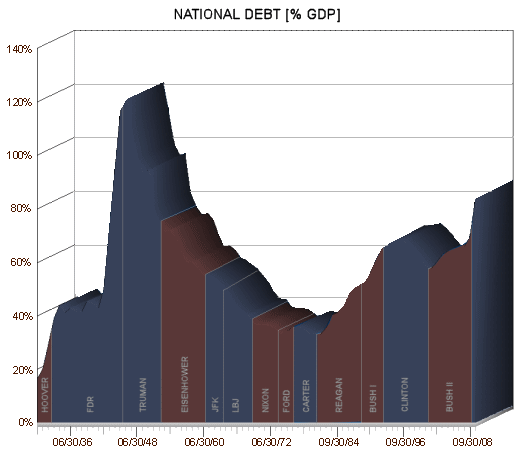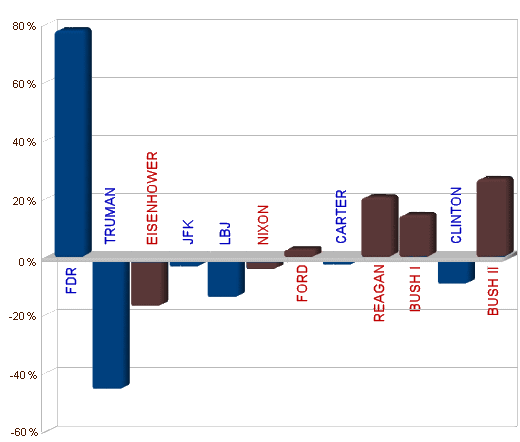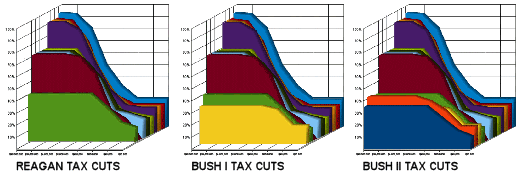Record-High Deficit May Dash Big Plans
$1.4 Trillion in Red Ink Means Less to Spend On Obama’s Ambitious Jobs, Stimulus Policies
By Lori Montgomery and Neil Irwin
Washington Post
October 17, 2009The federal budget deficit soared to a record $1.4 trillion in the fiscal year that ended in September, a chasm of red ink unequaled in the postwar era that threatens to complicate the most ambitious goals of the Obama administration, including plans for fresh spending to create jobs and spur economic recovery.
Still, the figure represents a significant improvement over the darkest deficit projections, which had been as much as $400 billion higher earlier this year, when the economy was wallowing in recession. Since then, the outlook has brightened and a government bailout has successfully stabilized the nation’s troubled financial sector. In a report released Friday, Treasury officials said the government had spent $132 billion less than expected in August, due primarily to a drop in anticipated spending on the banking bailout.
At about 10 percent of the overall economy, the gap between federal spending and tax collections is the largest on record since the end of World War II, and bigger in nominal terms than the past four years of deficits combined. Next year is unlikely to be much better, budget analysts say. And Obama’s current policies would drive the budget gap into the trillion-dollar range for much of the next decade.
As they unveiled the final 2009 figure, administration officials argued that expensive emergency programs – such as the $700 billion bank bailout requested by the Bush administration and the $787 billion economic stimulus package Obama signed during his first days in office – were essential to halting a frightening economic slide earlier this year. The deficit ultimately was lower than expected because those programs worked, they said.
But they tacitly acknowledged that the administration has yet to chart a clear path through the fiscal thicket…



As I’ve mentioned before, There was ample reason for a revision of the post-World War II tax structure, but nothing that justified tax cuts of this magnitude putting us into debt at levels now approaching those after World War II. This was not only fiscally irresponsible, it was a betrayal of trust. Even in the face of our dire financial straits, George W. Bush was still trying to make his tax cuts permanent. As he once said…
Sorry, the comment form is closed at this time.